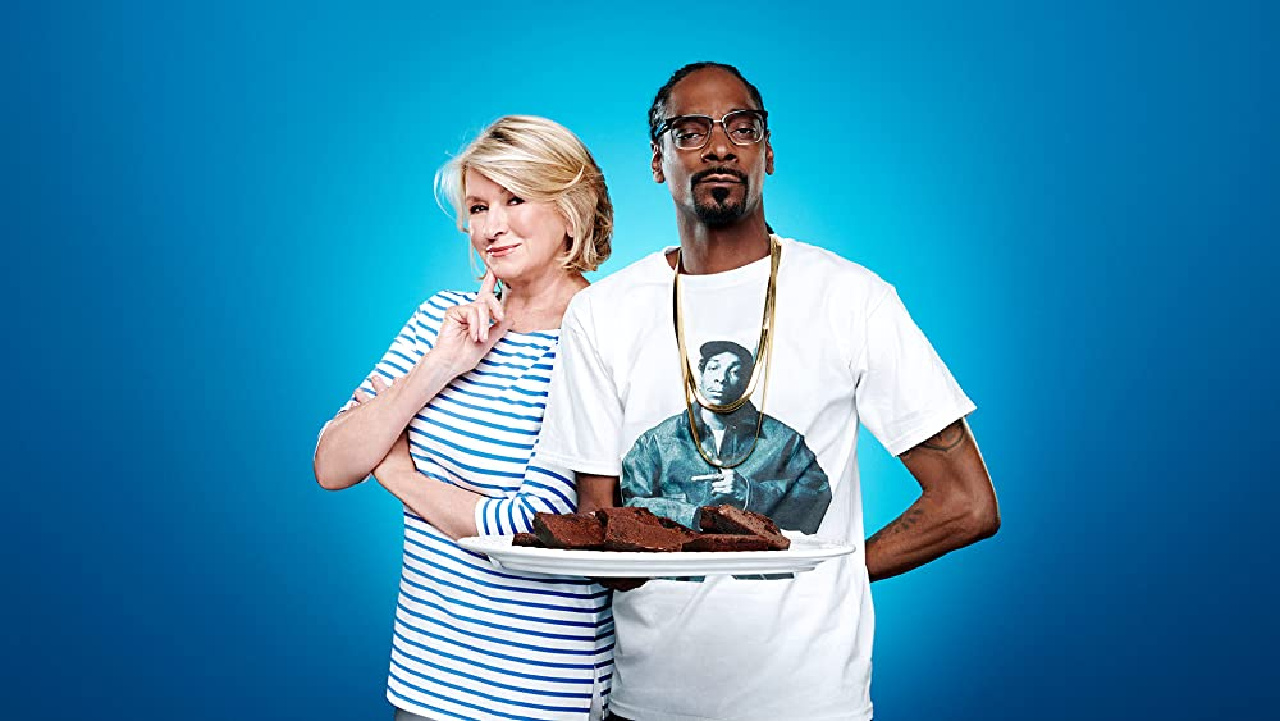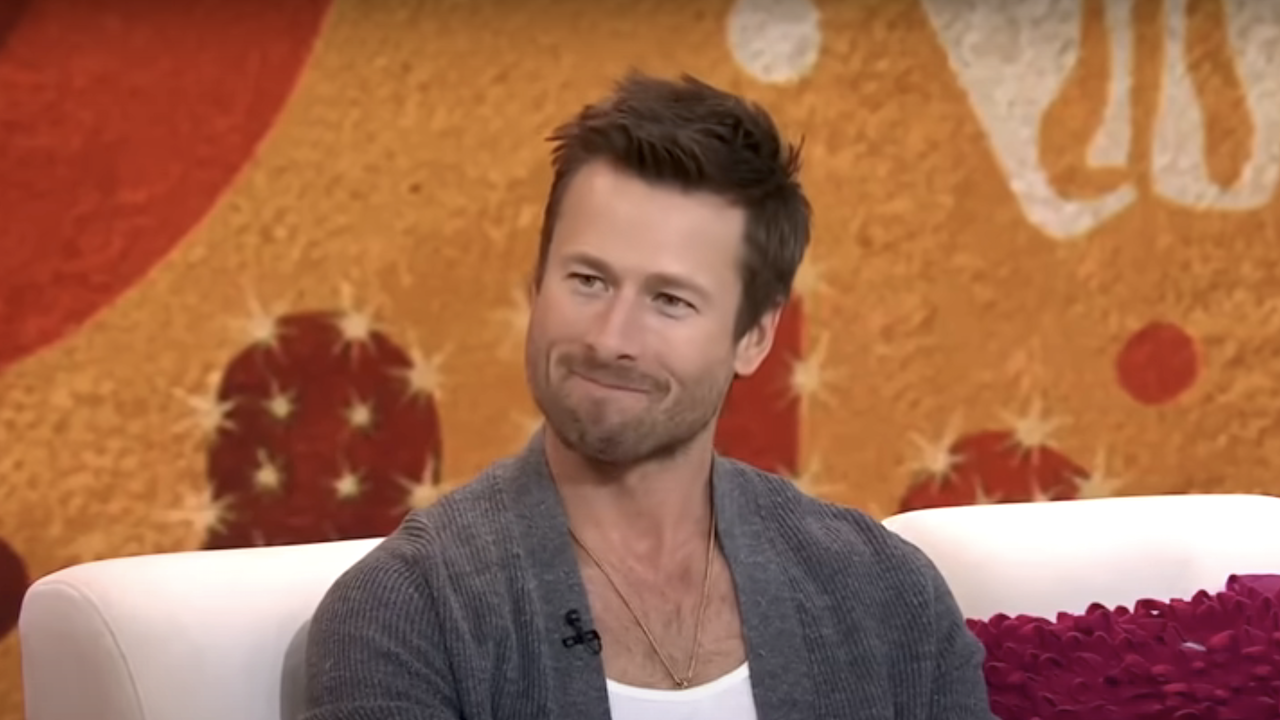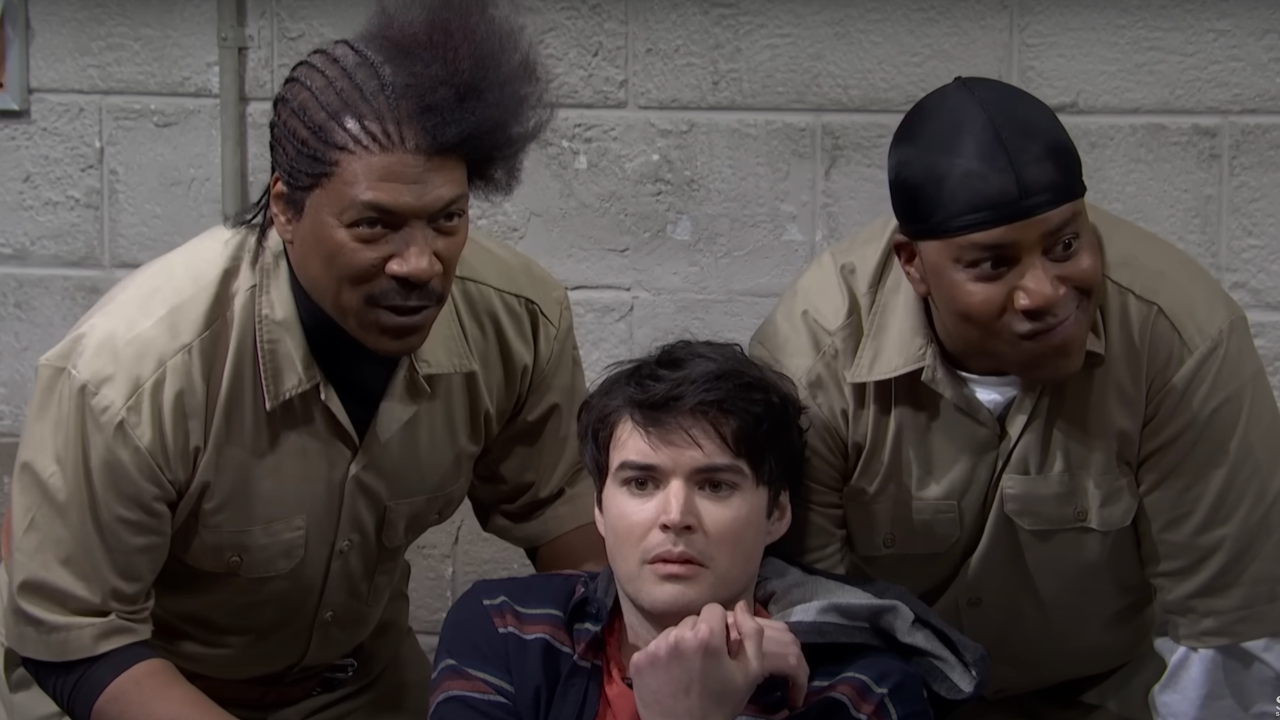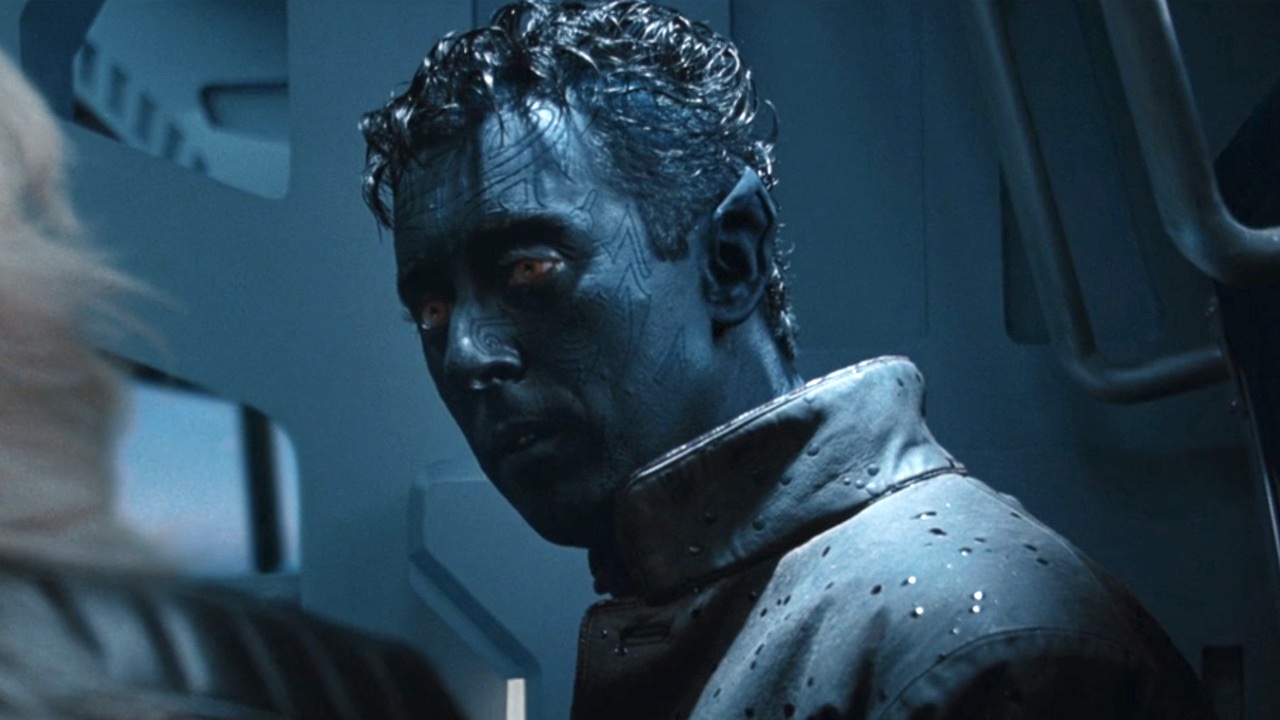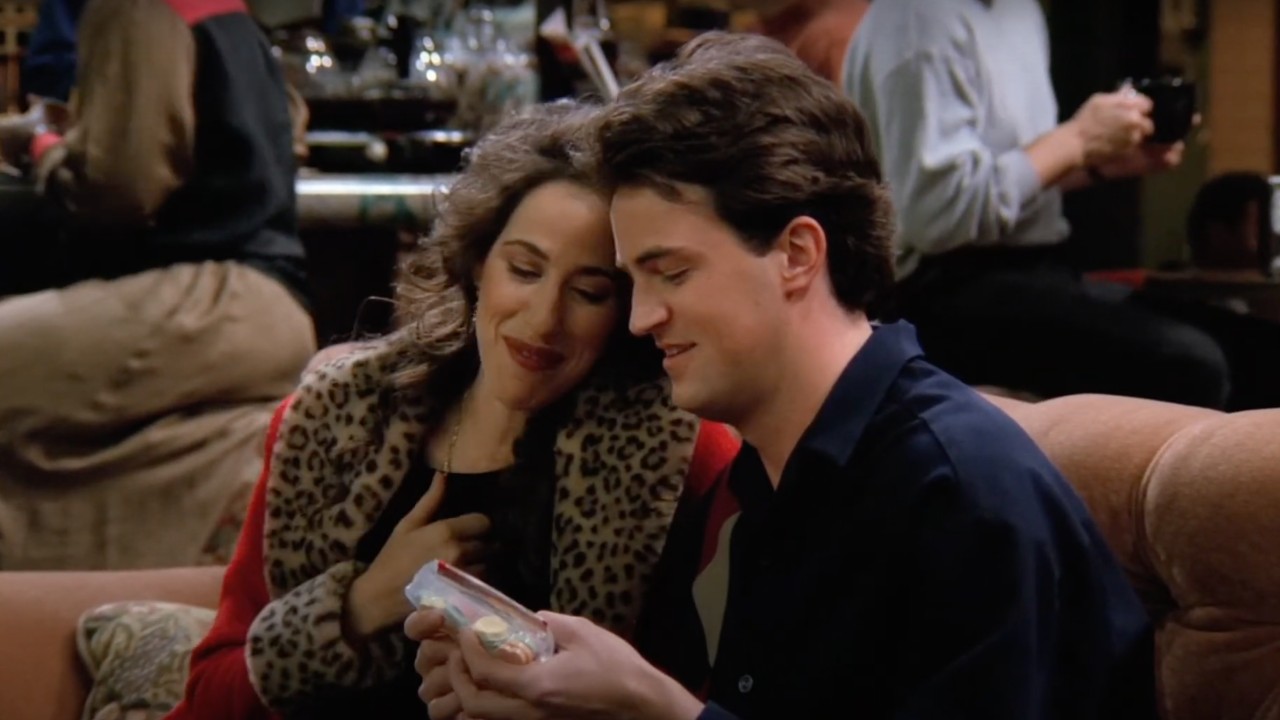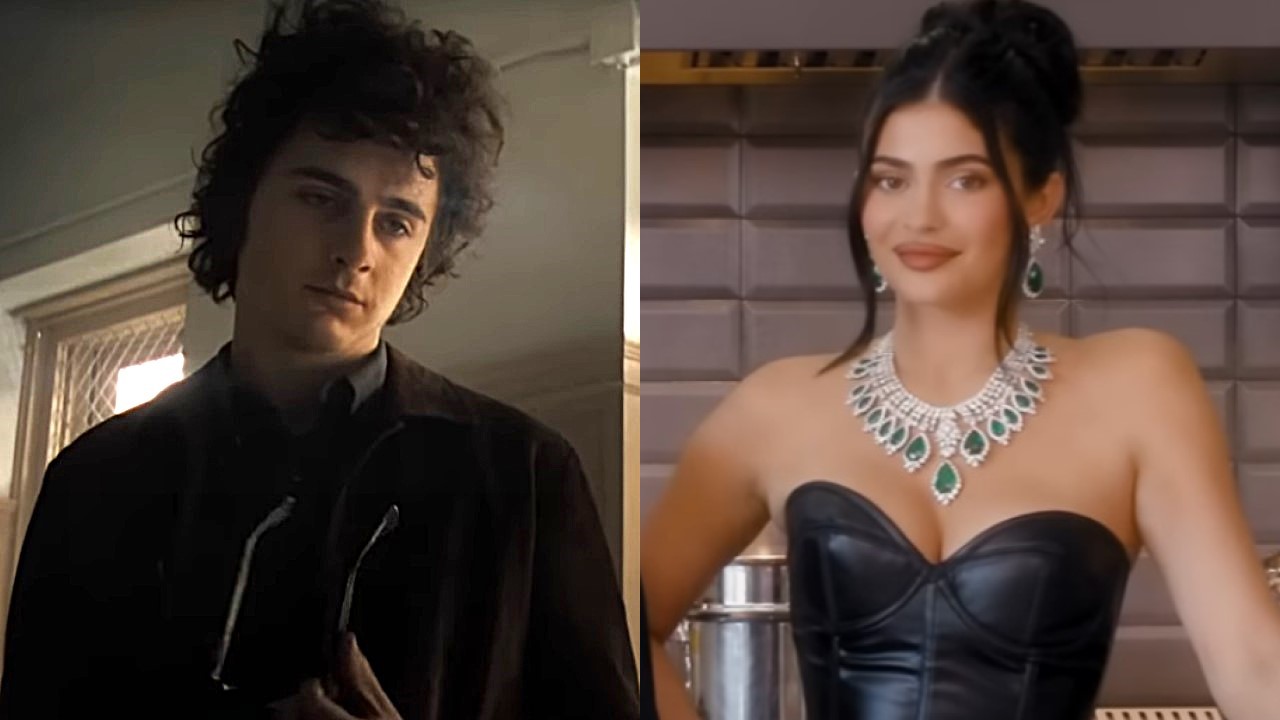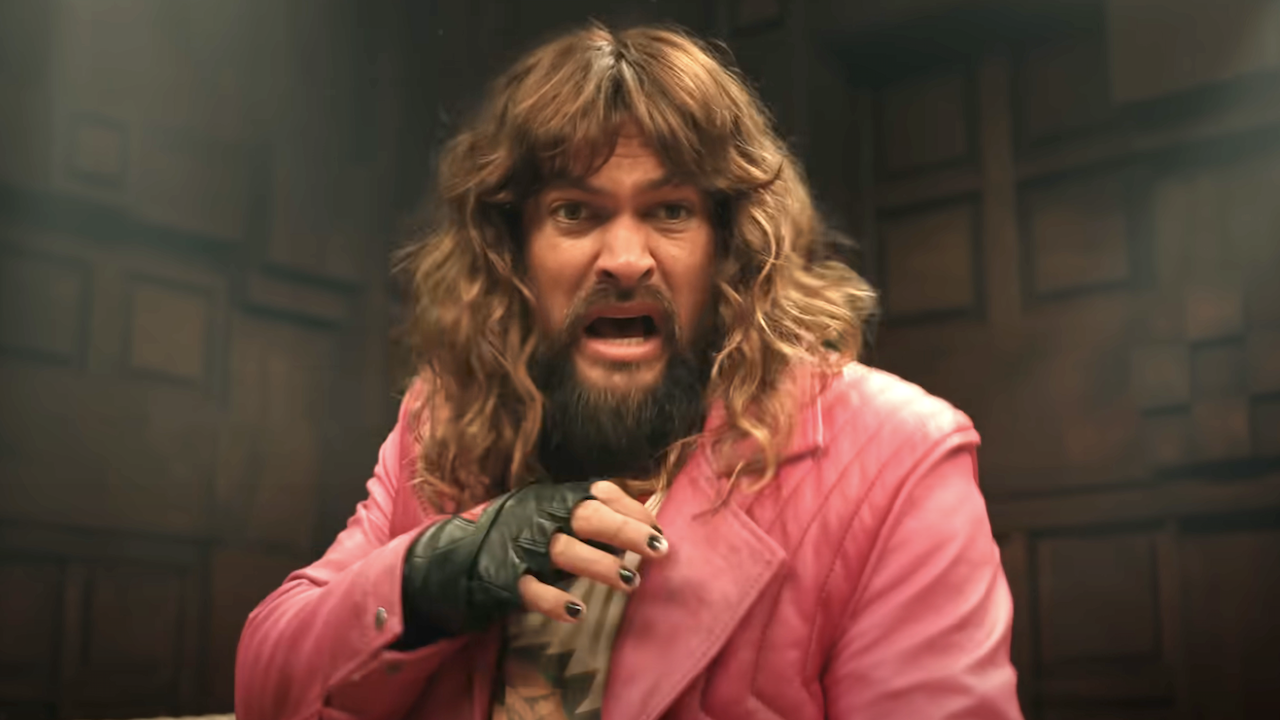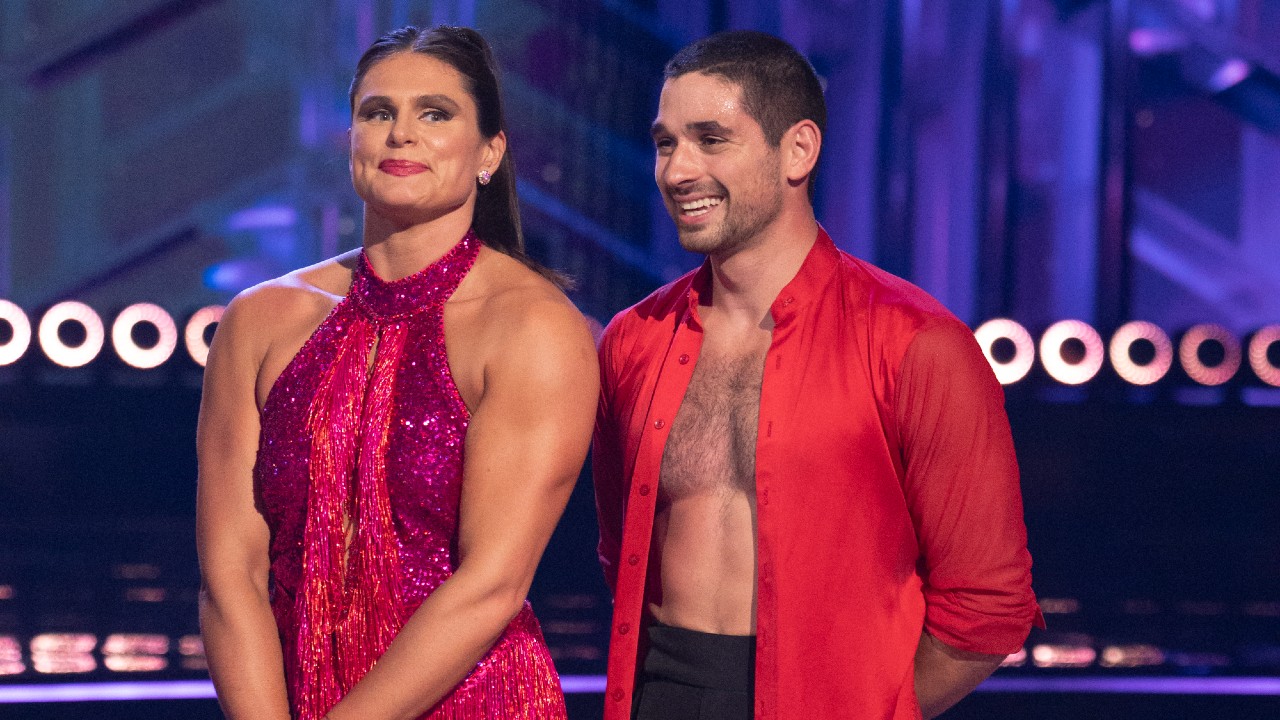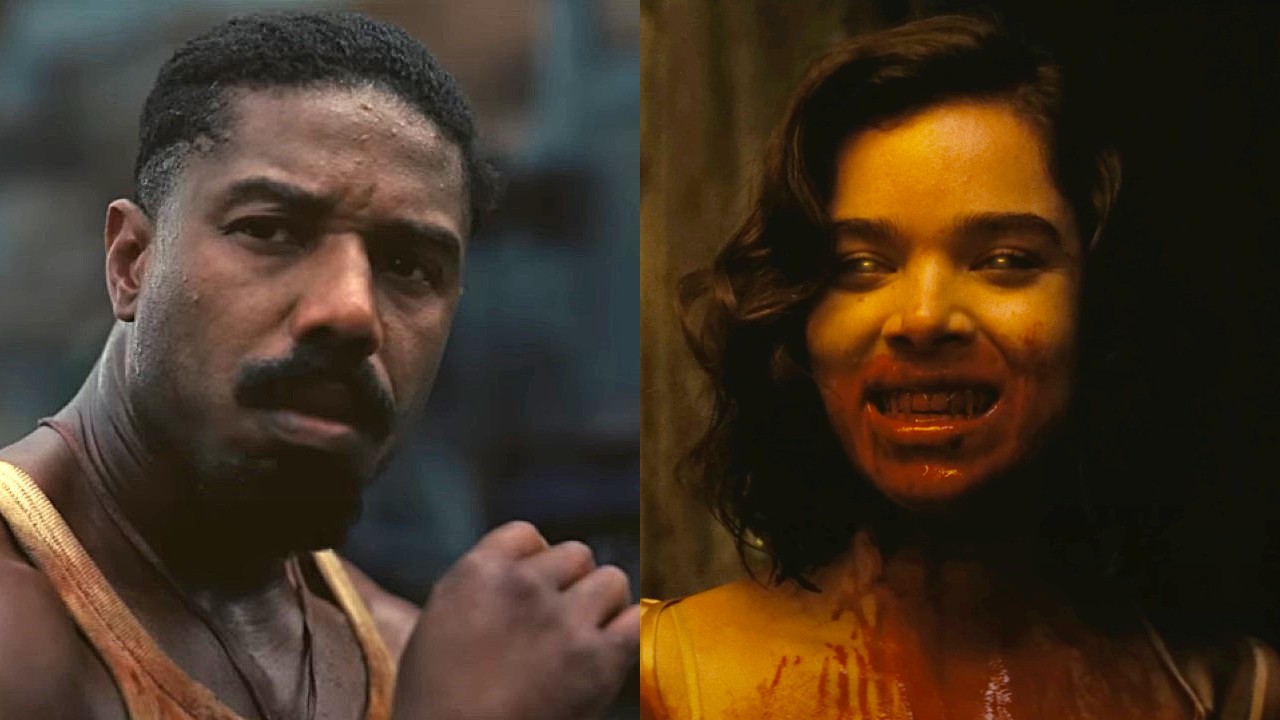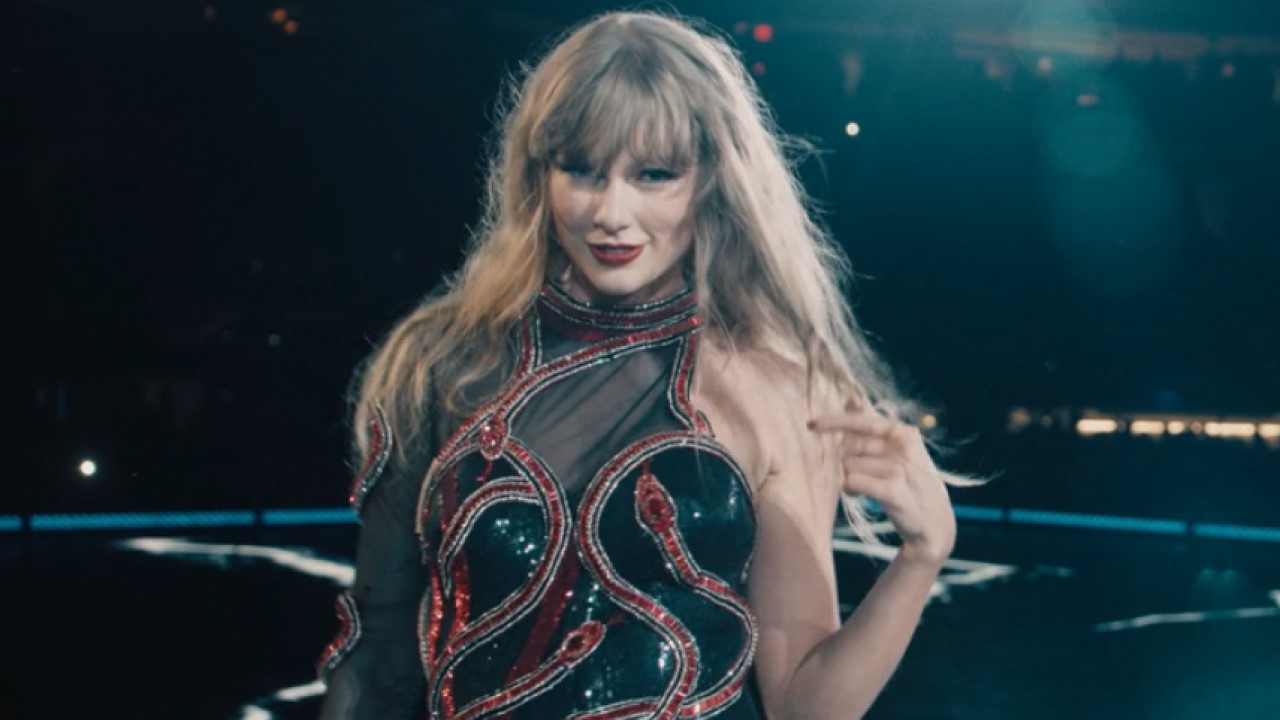7 Woodstock '99 Details I Want To See In The Netflix Docuseries
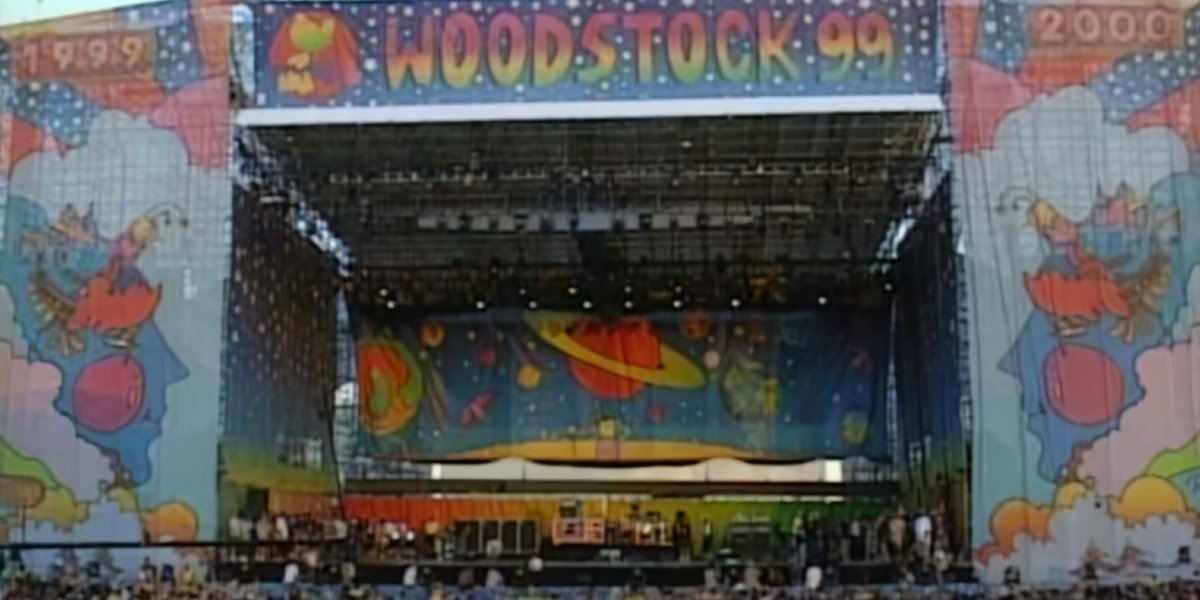
It is hard to imagine, but it has already been more than 20 years since Woodstock '99 became one of the most iconic and infamous music festivals, but for all the wrong reasons. The heat, scarcity of clean (and affordable) drinking water, incidents of violent and heinous crimes, and, of course, the riots that brought the four-day event to a screeching halt are all anyone talks about all these years later. No doubt this is the reason Netflix is returning to Rome, New York, where one of the most calamitous events in music history went down, for an upcoming documentary series.
As I look forward to Netflix's Woodstock '99 series, I can't help but think about all the things that stand out about the ill-fated festival and the insane and downright disturbing stories that have come to light in the 21 years since it all went down. With that in mind, I thought I would take a trip down memory lane and list all the moments (incidents, really) that I hope will be discussed when the docuseries finally debuts at some point in the near future.
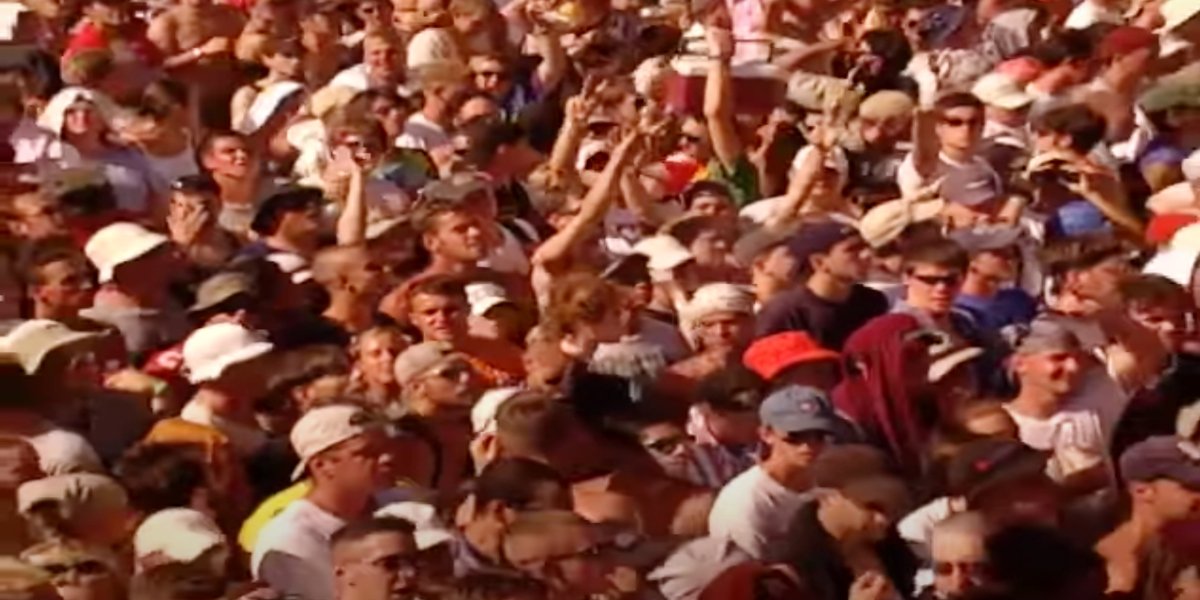
The Vendors And Attendees Who Witnessed It All
One aspect of the documentary series that I think would help it stand out among similar festival retrospectives, which typically feature a group of talking heads, would be to include testimonials from the people who were on the ground during the festival. Who better than the vendors and attendees who watched Woodstock go up in flames? According to a report from Deadline, it seems this is what we're going to get with the still-untitled documentary series, which will combine unseen archive footage and intimate interviews with those in attendance. By taking a look at the individuals who were there, it will help make the documentary more personal, and resonate more than old news footage of reporters with no connection to the event trying to understand why those in the crowd were so angry in the first place.
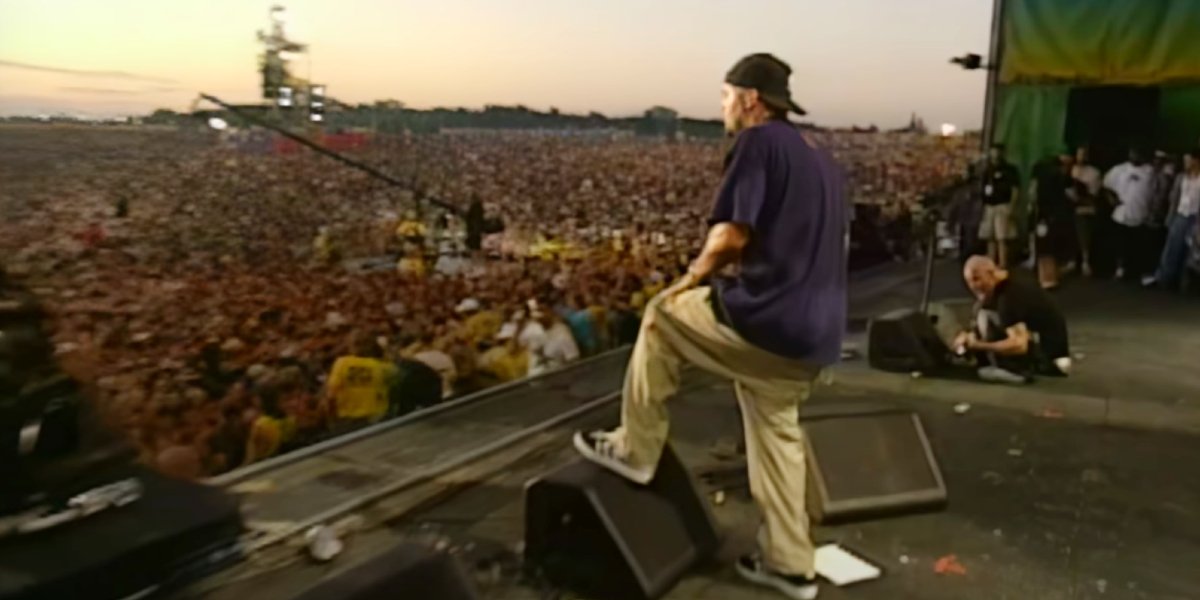
The Lineup
Looking back now, the Woodstock '99 lineup largely went against the festival's motto of "Three Days of Peace, Love, and Music," especially when the likes of Limp Bizkit, Korn, and Rage Against the Machine were all booked as headliners over more traditional artists from the musical festival circuit. And while I don't want to put the blame on the aggressive hard rock and nu-metal bands (they were just a product of their time), it's something that can't be avoided.
There was the water situation (which I will get into next), the oppressive heat, the overcrowding, and a general sense of animosity in the crowd, and all it took was someone with a microphone who seemed equally pissed off to put it all into motion. Hopefully, members of those bands take part in the documentary to share their side of the story, a side that often goes untold.
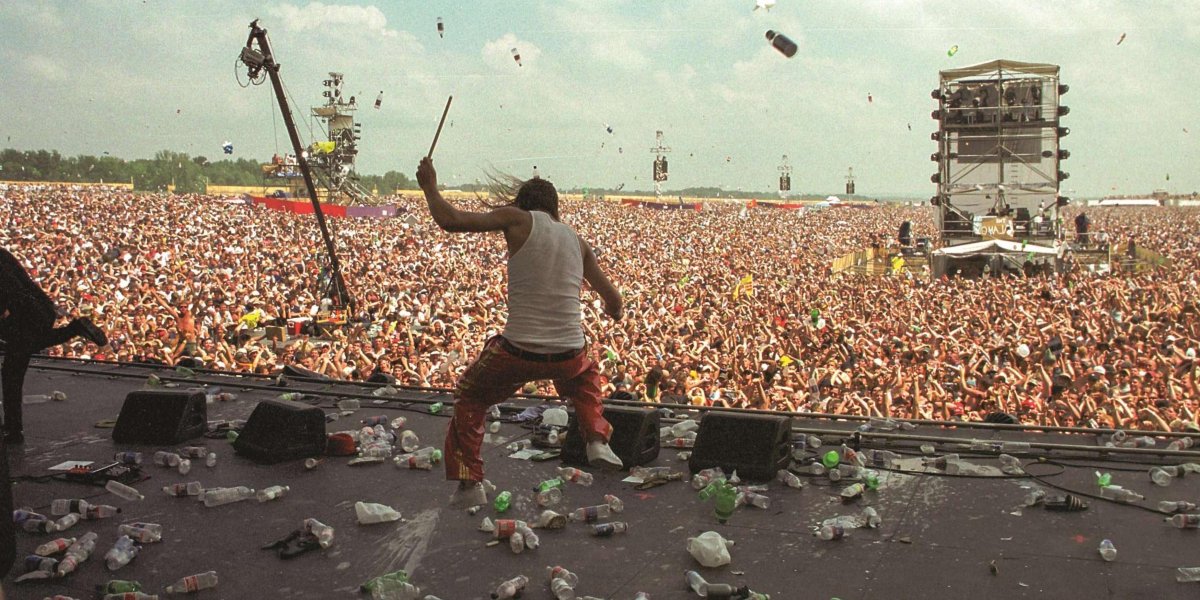
The Water Situation
Make no doubt about it, a lot of the issues that plagued Woodstock '99 grew out of the dire water situation that seemed to start just as the festival was getting underway. Festival promoters set up free water fountains throughout the former Griffiss Air Force Base, but with long lines at most of the stations and destroyed pipes at others, there were few options besides spending $4 ($6 in 2020) for bottled water at concession stands, according to a 2019 Variety retrospective.
Sheryl Crow, who described the festival as the worst gig she ever played in an interview with Rolling Stone, told the publication that attendees not being able to bring in their own water, especially in that heat, was a recipe for rebellion. This is another key element of the story that must be told in order to see the ensuing chaos for what it was.
CINEMABLEND NEWSLETTER
Your Daily Blend of Entertainment News

The Death Of David DeRosia
One of the most tragic stories from Woodstock '99 is the death of 24-year-old David DeRosia, who, according to a Syracuse.com article, collapsed during Metallica's performance on Saturday night and was taken to the medical tent backstage where his body temperature was registered at 107 degrees. The music fan was later airlifted to University Hospital in Syracuse, where he died two days later.
Prior to his death, DeRosia was diagnosed with hyperthermia brought on by heatstroke. DeRosia's mother later filed a lawsuit against the concert promoters and the doctors who tended to her son at the festival. The story was told in great detail in The Ringer's Break Stuff podcast, so hopefully, the Netflix series dedicates just as much time to this tragic and preventable death.
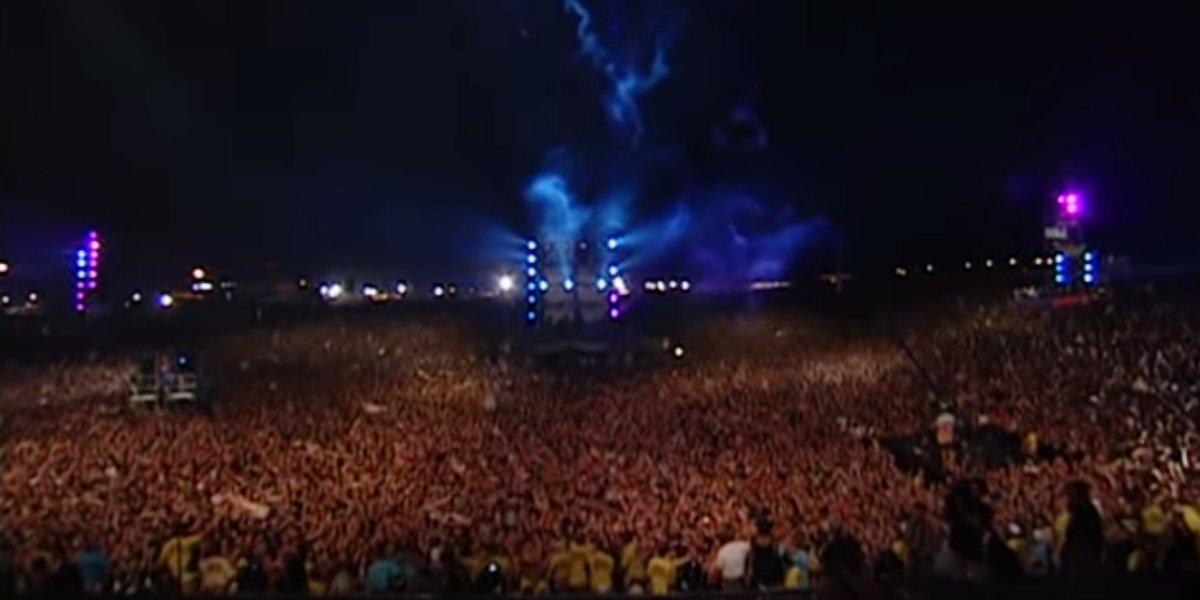
The Violence And Allegations Of Sexual Assault
I don't want to see these terrible things go down at the festival, but the violence and allegations of sexual assault reported in the fallout of Woodstock '99 are very much part of the festival's legacy and should be examined in the upcoming documentary series if the producers want to tell the full story. Shortly after the fires were put out and the dust settled, the Washington Post reported that New York State Police were investigating at least four reports of sexual assault and many more acts of violence that allegedly took place during the festival.
Anyone who has watched footage of the Woodstock '99 crowd knows that countless women were groped while crowd-surfing or just sitting on someone's shoulders, and I hope the documentary examines the mindset of the people who committed these heinous acts and what it means about the festival's legacy.
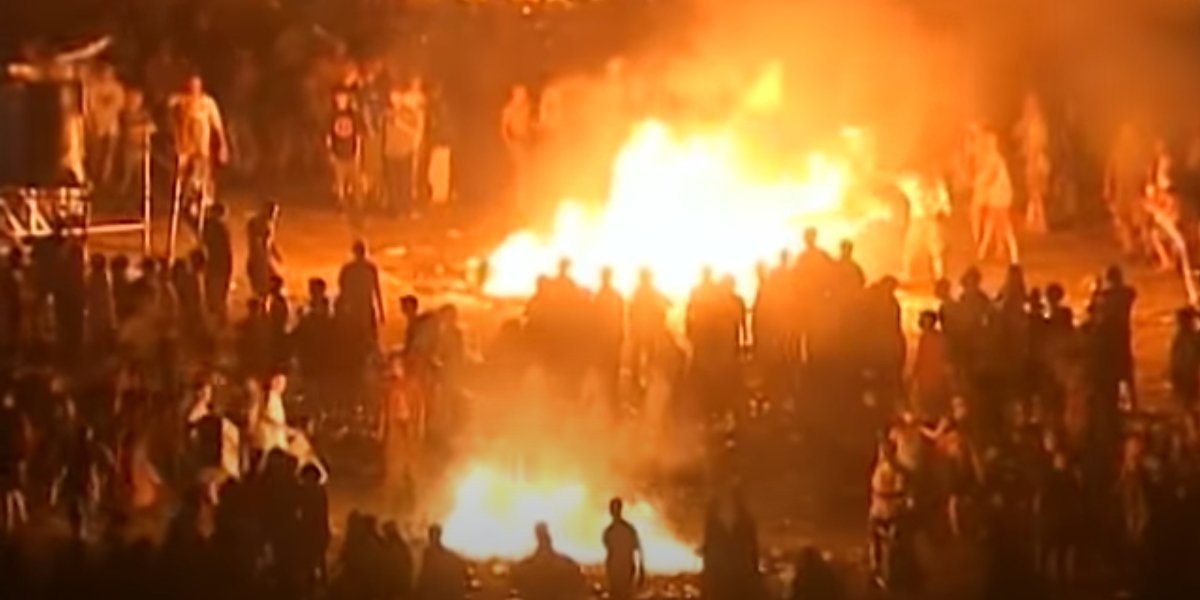
The Burning Of Woodstock
It still isn't known how many episodes will make up the Woodstock '99 documentary series, but if one specific topic should have its own episode, it would be the final night of the festival. I would love to see an hour-by-hour breakdown of the events, starting with the "peace candles" reported on by Rolling Stone, them being lit during the Red Hot Chilli Peppers set, and then the fires that spread throughout the festival and surrounding areas.
If interviews with people who experienced the mayhem are included in the documentary, it would make it that much better. I would especially want to hear from the vendors mentioned in the Washington Post's reporting, who unsuccessfully tried to protect their booths from the riots that ultimately looted or destroyed millions of dollars in equipment, goods, and property.
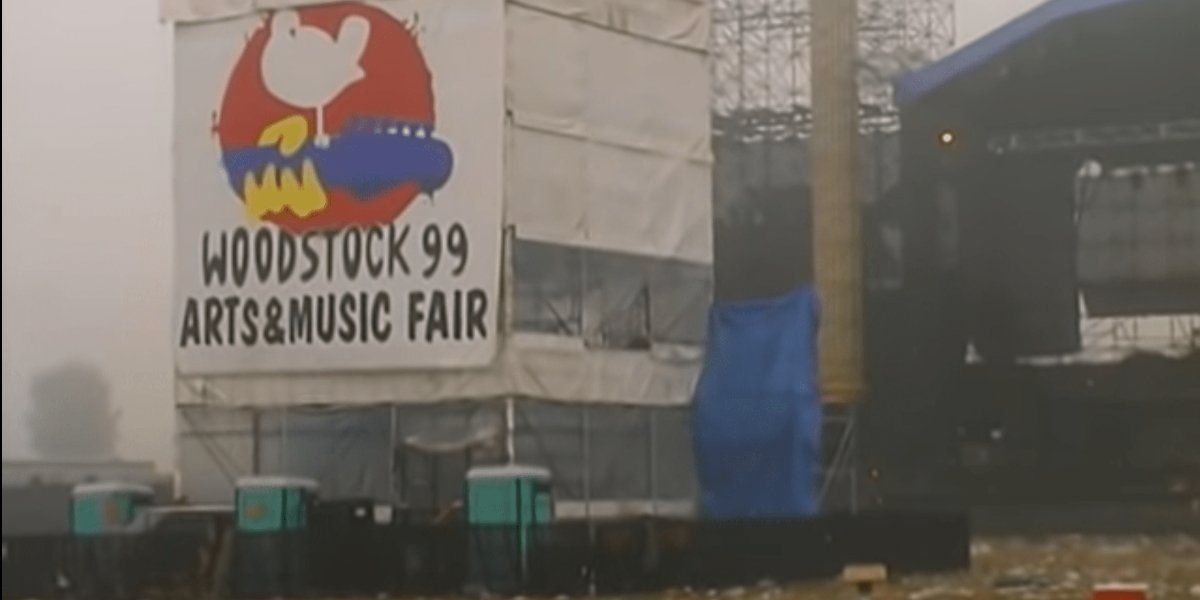
The Aftermath
And then there is the aftermath of Woodstock '99 and how the festival impacted those who were a part of it and how it affected the world of music festivals in the years since everything went down. This could be the part of the series where the producers try to get into the minds of the festival's promoters and figure out how this happened and what the explosive final night of Woodstock '99 means to them all these years later. It would also be cool to show the vendors and attendees and see how they feel about it now.
Those are just seven things I hope the Netflix Woodstock '99 documentary series includes when it comes out. If there's something you think I missed, make sure to sign off in the comments below. As well all know, there are plenty of insane and tragic moments and details from the infamous event to include. Stay current with upcoming streaming releases with our Netflix 2020 premiere schedule.

Philip grew up in Louisiana (not New Orleans) before moving to St. Louis after graduating from Louisiana State University-Shreveport. When he's not writing about movies or television, Philip can be found being chased by his three kids, telling his dogs to stop barking at the mailman, or chatting about professional wrestling to his wife. Writing gigs with school newspapers, multiple daily newspapers, and other varied job experiences led him to this point where he actually gets to write about movies, shows, wrestling, and documentaries (which is a huge win in his eyes). If the stars properly align, he will talk about For Love Of The Game being the best baseball movie of all time.
